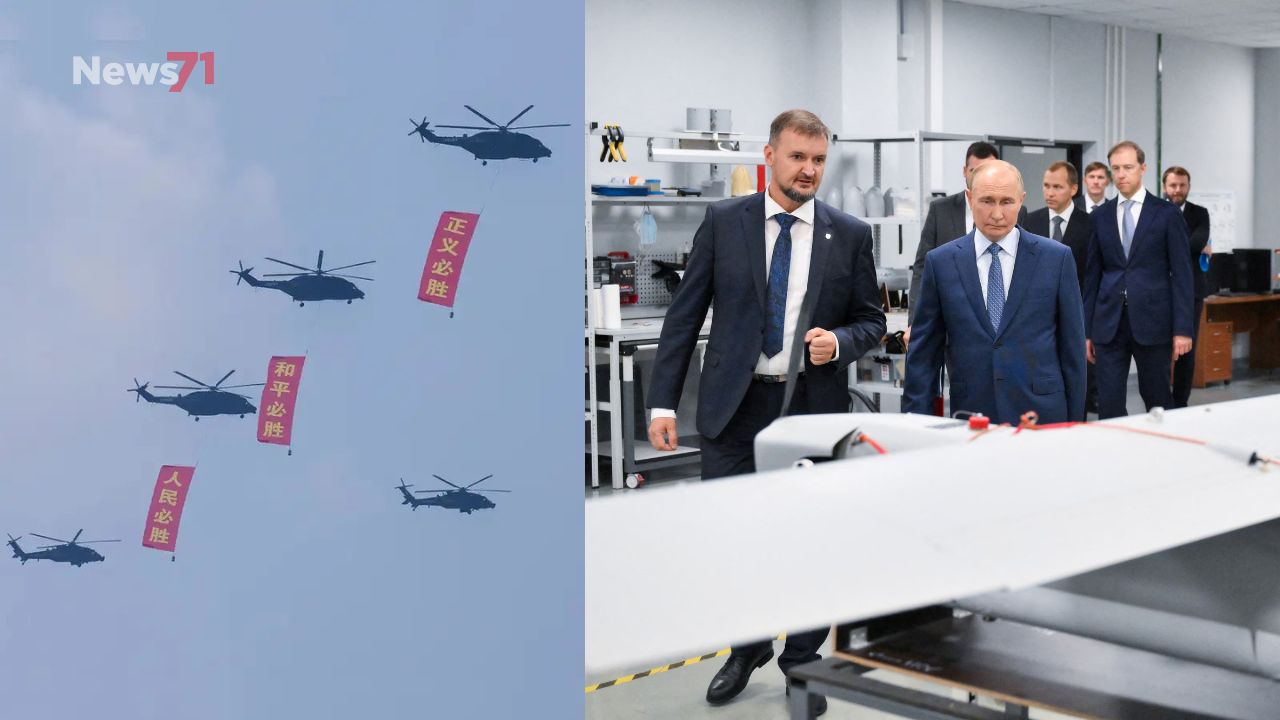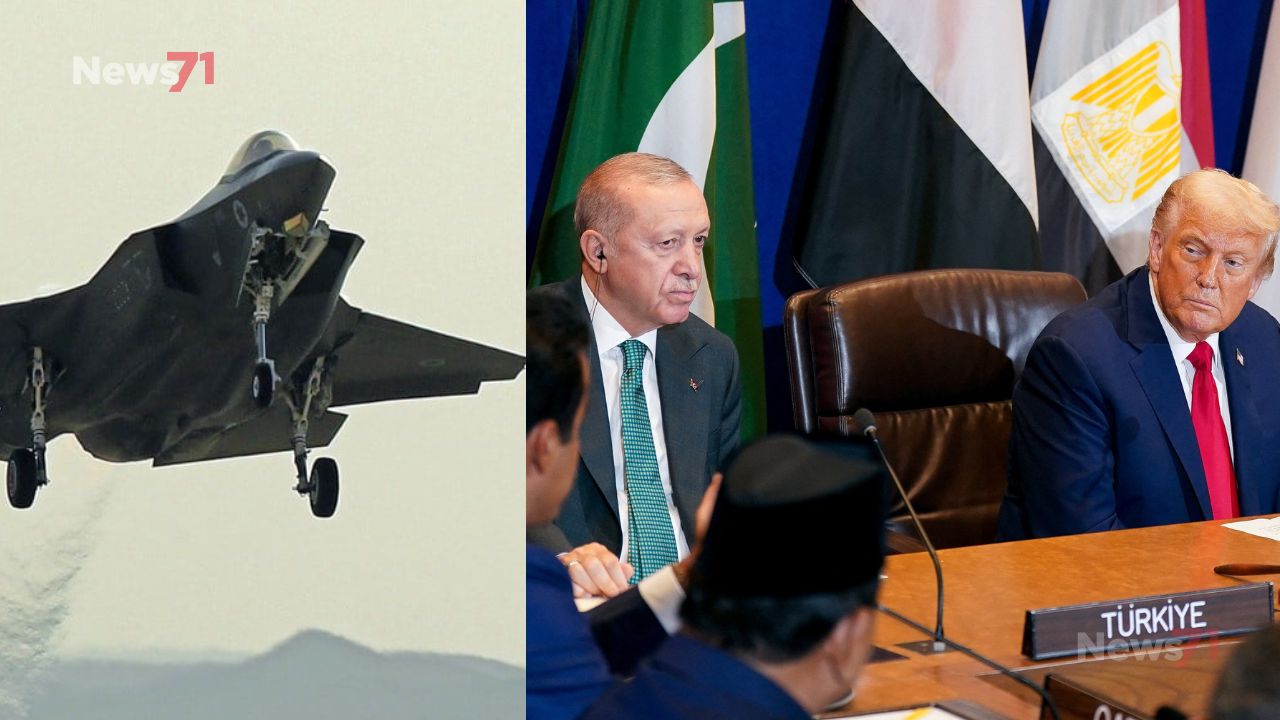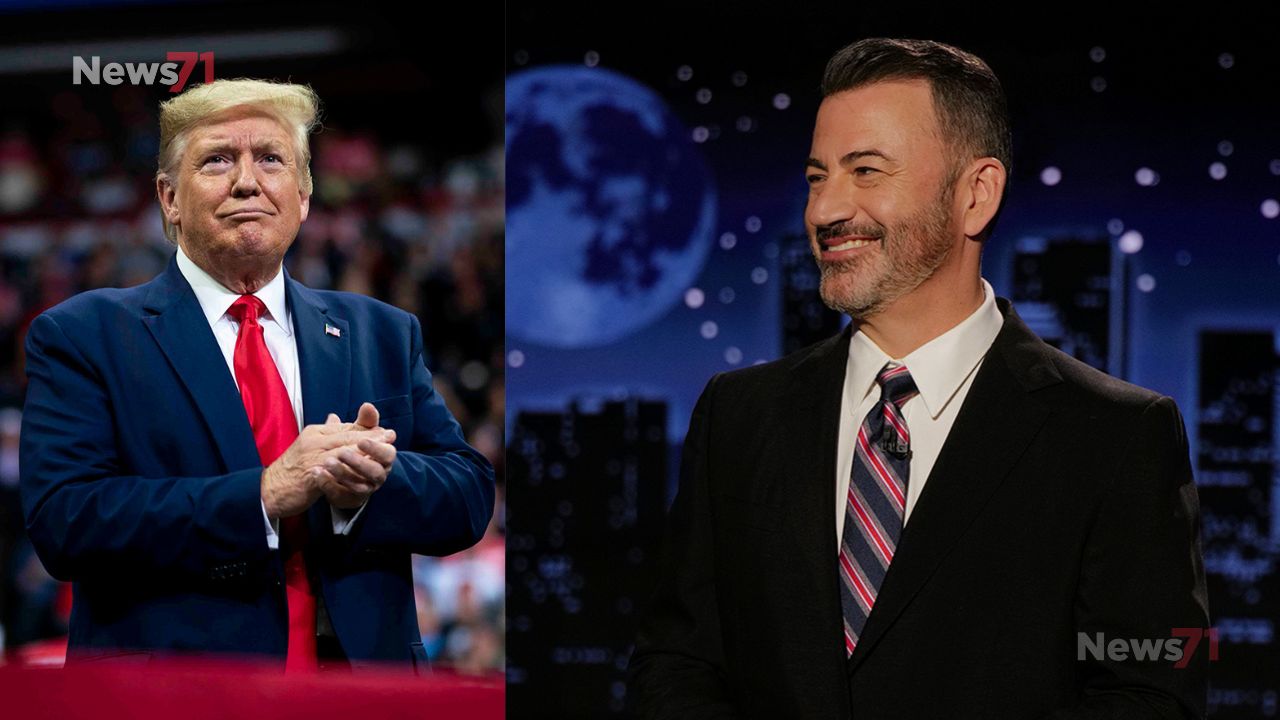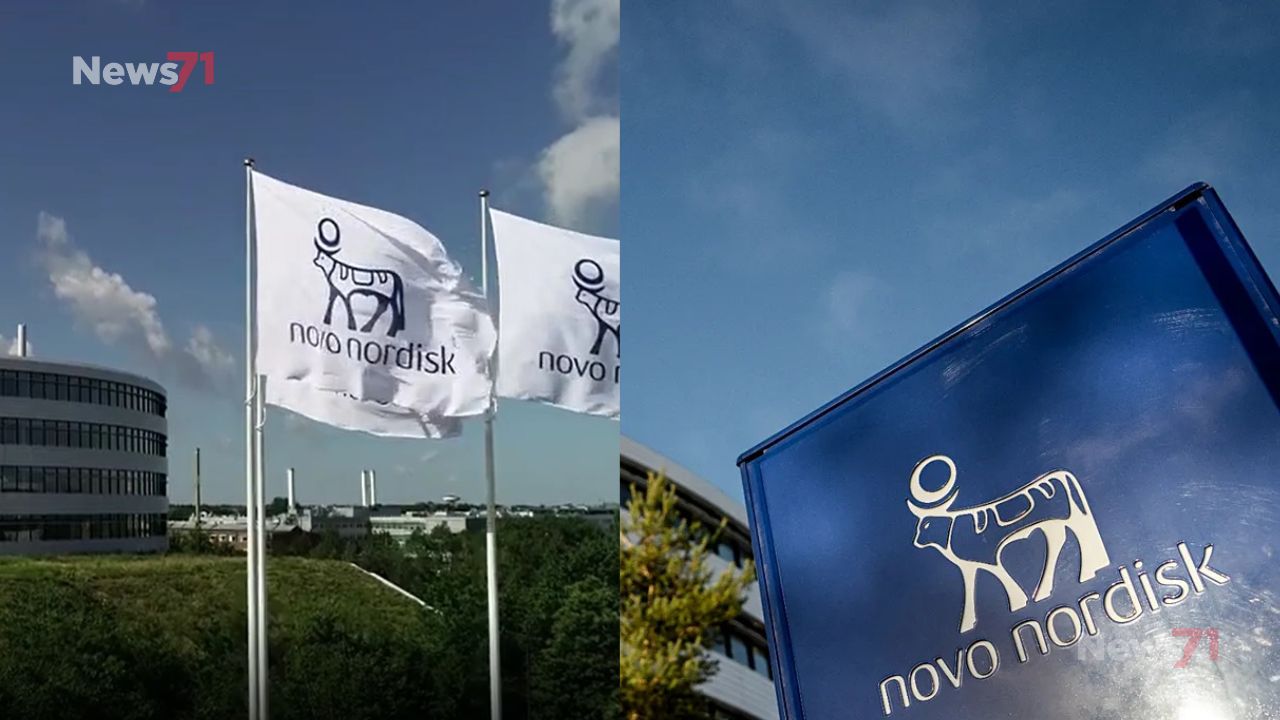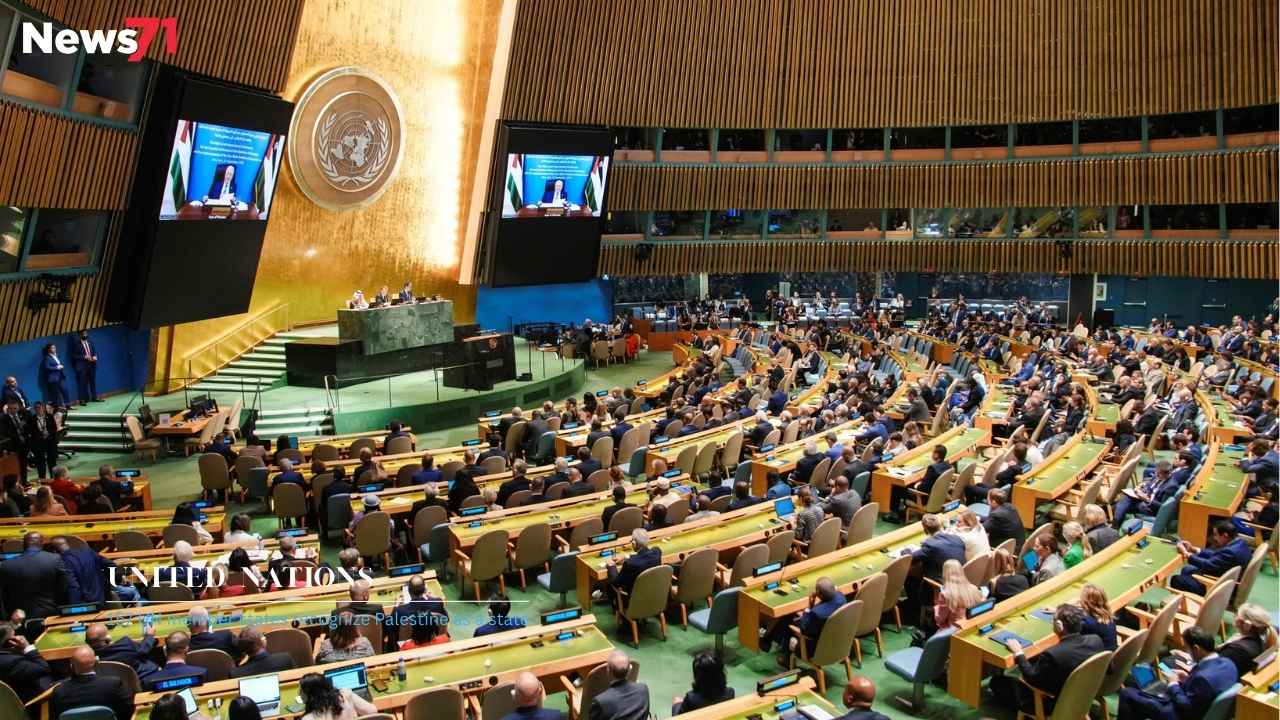Chinese Drone Specialists Worked With Russia on Military UAV Development, Sources Say
Chinese drone specialists worked with Russia’s state-owned arms manufacturer, IEMZ Kupol, to assist in the development and testing of military drones, according to European security sources and verified documents. These visits, which took place more than half a dozen times since the second quarter of last year, highlight a deepening technical collaboration between Russian and Chinese defense industries.
During this period, Kupol received shipments of Chinese-made attack and surveillance drones through a Russian intermediary, TSK Vektor, which is currently under U.S. and EU sanctions. The collaboration included the assembly, flight testing, and technological adaptation of several drone models, including the Garpiya-3 and the GA-21, an iteration of Iran’s Shahed-107. Sources indicate that Chinese specialists not only assisted in technical modifications but also trained Kupol staff on operational deployment.
These drones are integral to Russia’s military operations in Ukraine, with some models capable of pre-programmed long-range attacks before self-destructing on impact. Reports suggest that Kupol tested drones such as the A60, A100, and A200 at the Chebarkul military site in Russia’s Chelyabinsk region, with Chinese engineers present during the trials. The cooperation also extended to adapting flight control computers and engines sourced from Chinese firms, including Sichuan AEE and Hunan Haotianyi.
Chinese Drone Specialists Worked With Russia
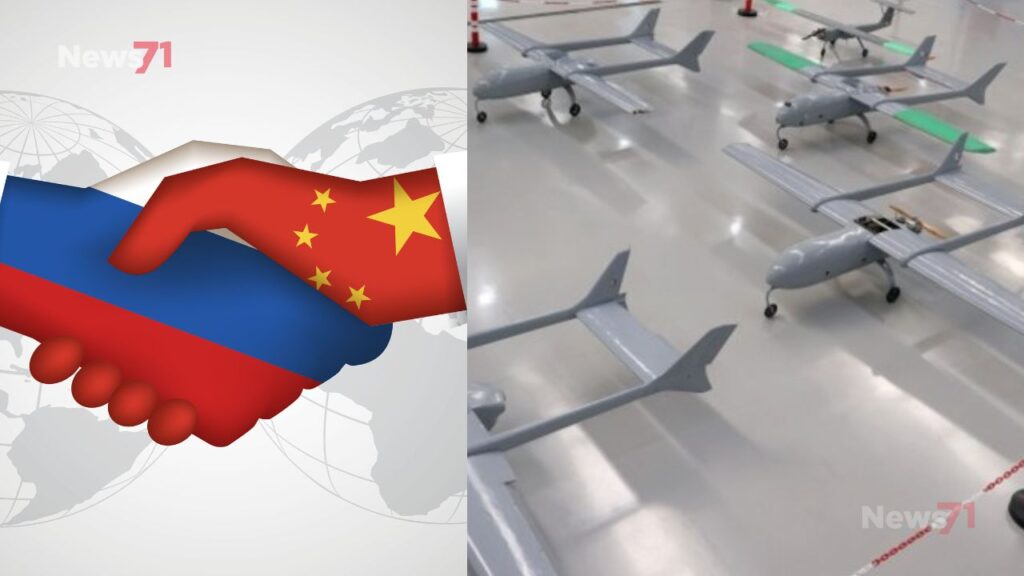
Documents reviewed by European officials reveal that Kupol received more than a dozen one-way attack drones produced by Sichuan AEE last year, and additional drones from Hunan Haotianyi were supplied for intelligence, surveillance, reconnaissance, and strike operations. Airline bookings and corporate records confirmed the frequent travel of Chinese drone specialists to Russia, often in coordination with TSK Vektor, to oversee testing and assembly.
Despite these activities, China’s foreign ministry maintains that it has not provided lethal weapons to any party in the Ukraine conflict and claims that exports of dual-use items, including drones, are strictly controlled. Meanwhile, neither the Kremlin, Kupol, nor TSK Vektor have publicly commented on the collaboration.
Experts note that Chinese involvement significantly strengthens Russia’s drone capabilities. Samuel Bendett, a senior fellow at a Washington-based defense think tank, emphasized, “There is an enormous impact of Chinese components in Russian military systems, particularly in unmanned aerial vehicles.” Analysts believe this technical assistance could accelerate the development of new Russian drone models and expand production lines.
RELATED POST: China unveils aircraft carrier with advanced jet launch tech rivaling US
This revelation underscores the complex and often opaque international defense relationships shaping modern warfare. The presence of Chinese drone specialists in Russian factories demonstrates the strategic significance of cross-border collaboration in advancing UAV technology, which has become a critical factor in ongoing conflicts.
The ongoing cooperation highlights how Chinese Drone Specialists Worked With Russia, supplying expertise, technology, and components that enhance Russian military drone operations, even amid global sanctions and political scrutiny.
